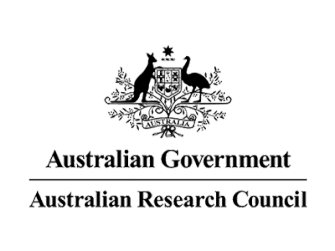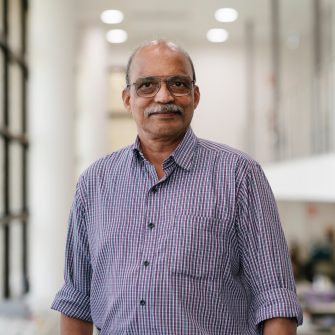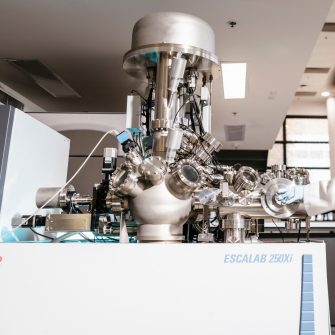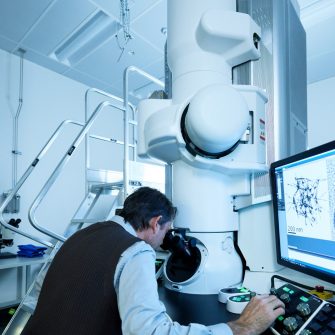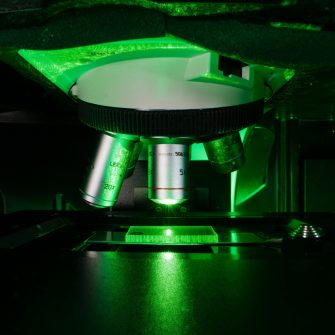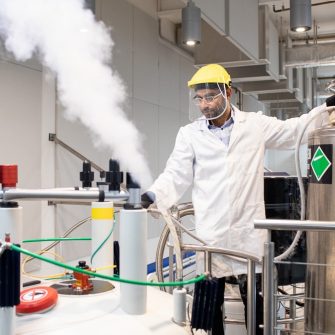Chemical Crystallography Laboratory
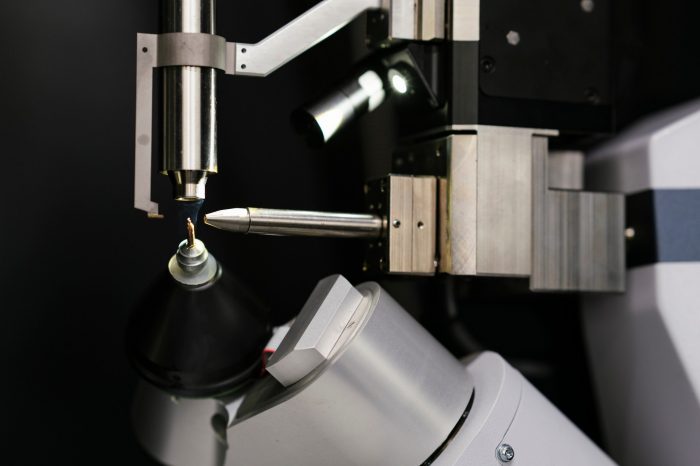
Who we are
Our facility specialises in single-crystal X-ray diffraction, offering crystal structure determination services to researchers at UNSW and external institutions. We are equipped with two Bruker diffractometers, APEXII (Mo source) and D8-Quest (high x-ray flux Cu source). Both are integrated with Oxford Cryosystems for temperature-controlled measurements ranging from 80K to 400K.
We provide a comprehensive suite of services, including:
- Crystal structural analysis
- Determination of absolute configurations of chiral molecules
- Student training program
- Validated crystallographic information files (CIF) for publication.
Funding partners:
Capabilities
Instruments
-
The D8 Quest single-crystal XRD features an IμS 3.0 microfocus Cu source with high X-ray flux density and a Photon II detector with shutterless mode for fast data collection. Ideal for small organic molecule structure determination, weakly diffracting crystals, and absolute structure analysis.
-
The Bruker APEX II single-crystal XRD features an IμS microfocus Mo source and water-cooled CCD detector. Ideal for strongly diffracting crystals, and highly absorbing samples.
Our people
Fees
- All fees are subject to CPI increase.
- UNSW-subsidised fees are applicable to all UNSW account holders, including affiliated institutes, i.e. ADFA and LIEF Partners.
- UNSW users who require frequent access may benefit from an annual subscription, contact us for more information.
- Projects funded by non-UNSW account holders and the industry will be charged at higher fees (+GST).
- Co-authorship is generally assumed. Please contact us to discuss a potential collaboration at m.bhadbhade@unsw.edu.au.
-
- UNSW service fees (per sample per temperature)
Service Rate (per sample per temperature) Training (3 – 4 sessions) $100 Unit cell collection free Full data collection $70 Structure solution and CIF generation (optional) $80 -
- UNSW service fees (per sample per temperature)
Service Rate (per sample per temperature) Unit cell collection Free Full data collection $120 Structure solution and CIF generation $80 -
Service Rate (per sample per temperature) Unit cell collection $50 + GST Full data collection + Structure solution $450 + GST -
Annual subscription includes user training and unlimited access to instruments for data collection. For pricing please contact r.tian@unsw.edu.au.
How to access
To schedule a consultation or arrange training, please contact Mohan Bhadbhade or Ruoming Tian.
-
If you are planning to get the training for single-crystal XRD, simply fill out the new user registration form and risk management form below and send the PDF copies to Ruoming Tian (r.tian@unswe.edu.au).
If you just want to submit the samples and let the staff to carry out the analysis, please fill out the sample request form below and send the electronic copy to Mohan Bhadbhade (m.bhadbhade@unsw.edu.au).
-
During this meeting, we will explain how to gain access to our lab space and what training will be required. Additionally, we will discuss your research project to match you with the most suitable instrument for your research question.
-
Access will be granted once you complete your online lab induction and receive in-person training from our staff on all relevant instruments. Our training is thorough and designed to accommodate individuals who have no prior experience with technical equipment.
Contact us
Chemical Crystallography Laboratory
Room G61
F10 June Griffith Building (Chemical Sciences)
UNSW Sydney NSW 2033
Phone : 02 9385 9898
Email : r.tian@unsw.edu.au
We like to hear from you. If you have questions, requests or ideas for collaboration, please complete the contact form and we will be in touch within five business days.
Resources
HS Risk Management Form
- Format
- DOCX
- Size
- 73 KB
New User Registration Form
- Format
- DOCX
- Size
- 247 KB
Sample Request Form
- Format
- DOCX
- Size
- 29 KB
Get in touch about your project
We offer a range of services that can be tailored to your needs. Please send us an enquiry to get started.


